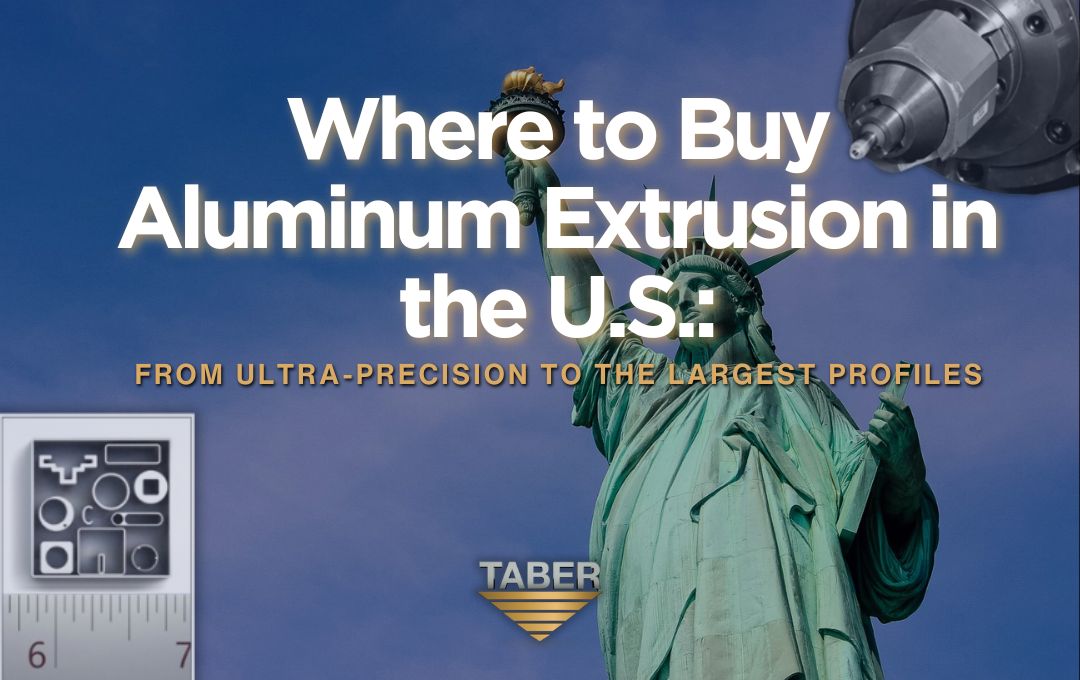In Focus Spotlight: Lisa Fortner, Southeast National Account Manager

Taber is proud to shine this month’s In Focus Spotlight on Lisa Fortner, a highly accomplished sales professional with more than 30 years of experience in the aluminum extrusions industry. Over the course of her career, she has contributed to a wide range of sectors—including shipbuilding, construction, automotive, and HVAC—earning recognition for her ability to help customers solve complex challenges. Now back in the Southeast, where her career first began, Lisa continues to build strong relationships and deliver trusted solutions to Taber’s customers.
Read on as Lisa shares her journey, insights, and experiences in her own words.
When you’re not at work, what can we find you doing?
When I am not working, I can be found reading a good book by the water, crafting, traveling, decorating the house for the next holiday, or at a ballpark watching my grandson play baseball.
Hometown? Family? Children?
I am a proud mother of 1 boy and two girls. I also have 5 wonderful grandsons. My family is all on the Gulf Coast, so this is where I call home. I am so happy that with Taber, I am able to be back working in the Southeast.

Favorite part about working for Taber so far?
My favorite part of working with Taber is how everyone is so willing to work together with the same goal in mind: to build a stronger company.
What sets Taber apart from other companies that deliver the exact same things?
Taber is a lot more versatile with what we offer.
What do you think the future holds for Taber?
With the new press going in next year, it is going to open up so many new avenues of business for Taber and I am very lucky to be part of that growth.
Learn about other team members of Taber Extrusions through our In Focus Spotlight.
Interested in becoming a part of the Taber Team? Submit your resume to careers@taberextrusions.com.
More About Taber
In 1995, Taber expanded its operations with the acquisition of a state-of-the-art extrusion facility in Gulfport, MS. This advanced site includes a modern cast house, high-performance extrusion presses, microextrusion technology, and enhanced fabrication capabilities—enabling Taber to serve a wide range of industries with greater precision and efficiency.
Taber supplies high-quality soft and hard alloy cast and extruded products to markets such as aerospace, automotive, marine, infrastructure, sporting goods, and military applications, with solutions tailored to diverse customer needs.
As an industry leader, Taber also pioneers friction stir welding (FSW), offering integrated solutions that combine aluminum extrusion, precision machining, and raw material supply. As one of the few North American providers of FSW panels and assemblies, Taber continues to set the benchmark for innovation in advanced aluminum manufacturing.
Become a customer today! Request a quote today, or call us at (888) 985-5319.






























 Gain insights into:
Gain insights into:

